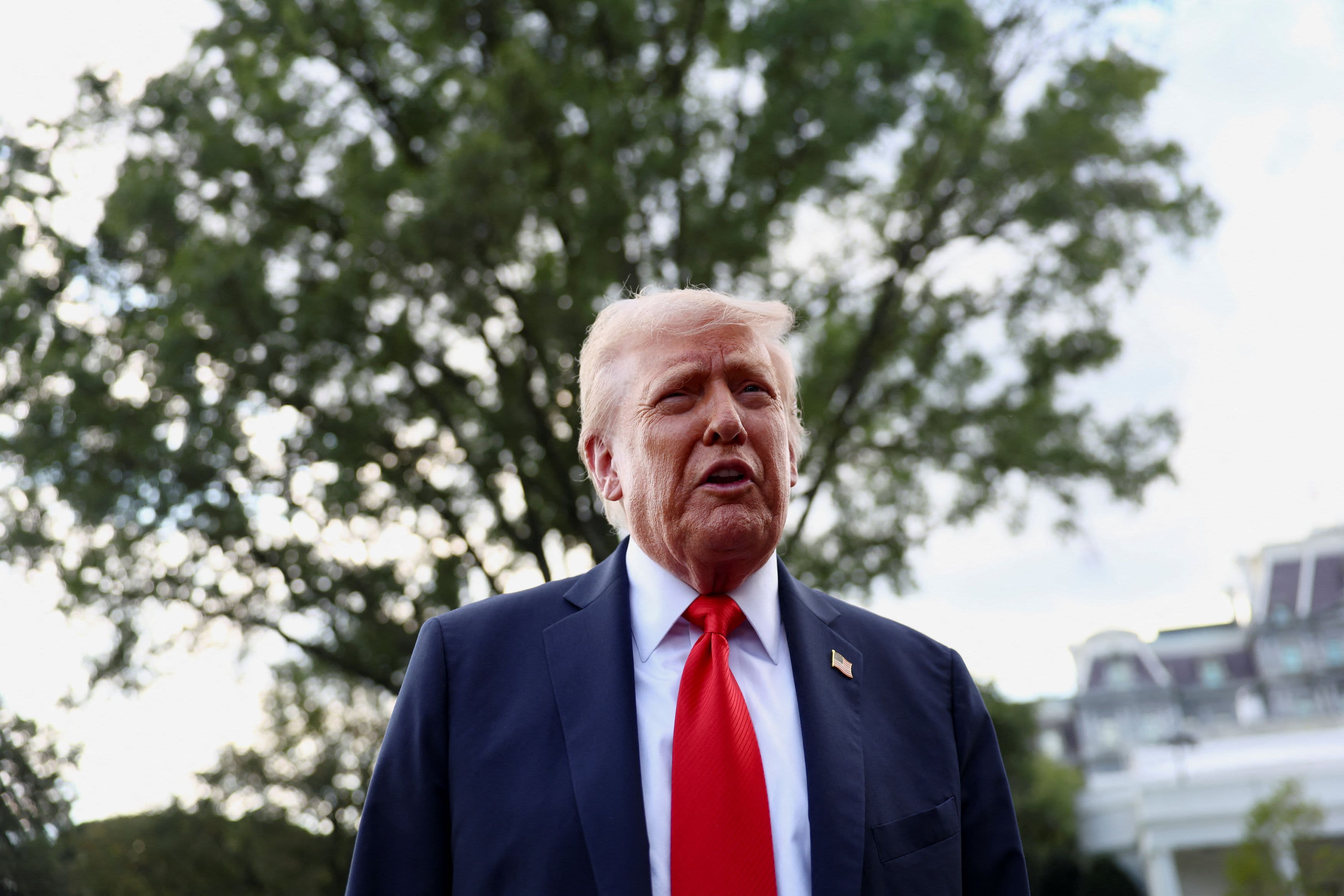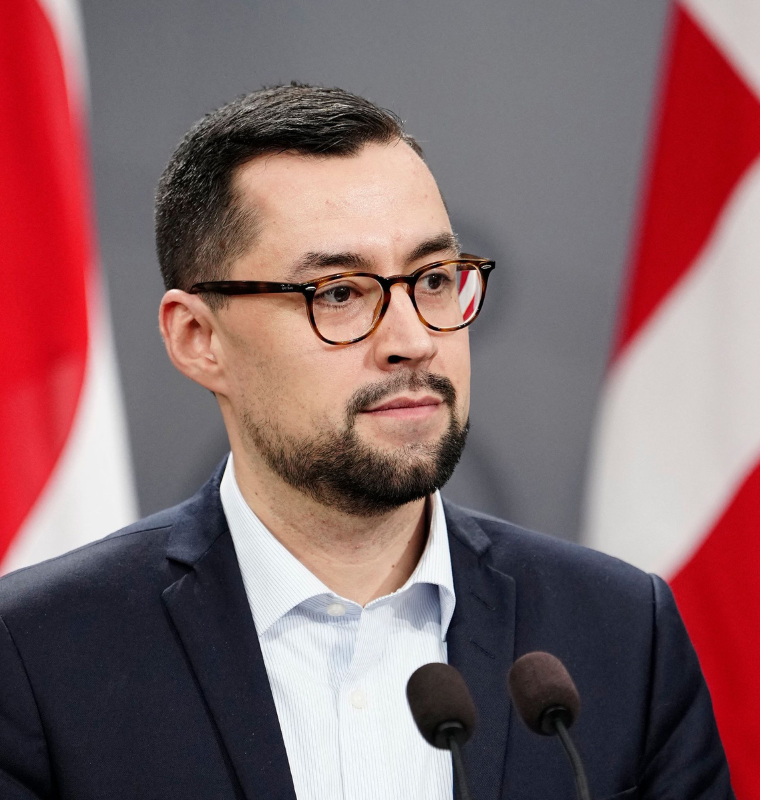Trump Pushes NATO for Unified Action, Threatens Major Sanctions on Russia
Trump Pushes NATO for Unified Action, Threatens Major Sanctions on Russia
By
David Goldfarb
Last updated:
September 15, 2025
First Published:
November 30, 2025

U.S. President Donald Trump speaks to the media before boarding Marine One upon departure for New York, in Washington, D.C., U.S., Sept. 11, 2025. | Evelyn Hockstein | Reuters
Trump Calls for Coordinated Sanctions
Former President Donald Trump is escalating pressure on NATO allies to curb Russian energy imports and ramp up sanctions on Moscow. Speaking on Saturday, Trump stated he is “ready to impose major sanctions on Russia” once NATO countries take parallel measures, including halting purchases of Russian oil.
Trump emphasized the role of allied nations in ending the war in Ukraine, criticizing countries that continue to rely on Russian fossil fuels. He wrote, “NATO’s commitment to win has been far less than 100%, and the purchase of Russian oil, by some, has been shocking!”
Tariffs on China as a Strategic Lever
In addition to sanctions on Russia, Trump called for 50% to 100% tariffs on China, asserting that the measures could weaken China’s influence over Russia. He suggested these tariffs could be lifted once the Ukraine conflict concludes, framing the strategy as a way to cut off financial support for Moscow’s war effort.
Treasury Secretary Scott Bessent supported Trump’s push, noting that a unified economic front is critical to stopping the flow of funds that fuel the conflict. “Only with a coordinated effort will we be able to apply sufficient economic pressure to end the senseless killing,” Bessent wrote on social media platform X.
Reactions from Ukraine and Analysts
Ukrainian President Volodymyr Zelenskyy echoed the call for decisive action, urging global partners to stop looking for excuses to avoid sanctions. He highlighted that reducing Russian oil consumption directly diminishes Moscow’s capacity to sustain the war.
Analysts suggest Trump’s hesitation to unilaterally impose sanctions may partly reflect his hope to broker a peace deal between Ukraine and Russia, while avoiding measures that could push Moscow closer to Beijing. Chris Weafer, CEO of Moscow-based Macro-Advisory, noted that overly harsh sanctions risk strengthening China’s position if Russia feels cornered.
Pressure on Energy-Dependent NATO Members
Trump specifically criticized Hungary and Slovakia for continuing to buy Russian energy, arguing that these purchases undermine NATO’s collective leverage. U.S. Secretary of Energy Chris Wright reinforced the goal of displacing all Russian gas to expedite the end of the war, underscoring the high stakes of coordinated international sanctions.
Trump’s latest statements signal a strategic shift, moving from unilateral U.S. action to a call for a unified transatlantic effort, combining energy restrictions and targeted tariffs to pressure Russia and its allies.
The Path Forward
While Trump has threatened sanctions for months, the move to push NATO countries highlights the complexity of international coordination. The effectiveness of these measures will depend on compliance from energy-dependent European nations, as well as the willingness of major economies to adopt broad tariffs on China as part of a strategy to weaken Moscow.
The coming weeks may prove pivotal in determining whether these economic tools can force meaningful concessions from Russia and accelerate an end to the conflict in Ukraine.
Popular articles
Subscribe to unlock premium content
Snow, Silence, and Splendor

The $60 Million Market for Ultra-Exclusive Executive Pop-Up Experiences

Conquering the Poles in Absolute Luxury

Snow, Silence, and Splendor

The $60 Million Market for Ultra-Exclusive Executive Pop-Up Experiences

Snow, Silence, and Splendor









